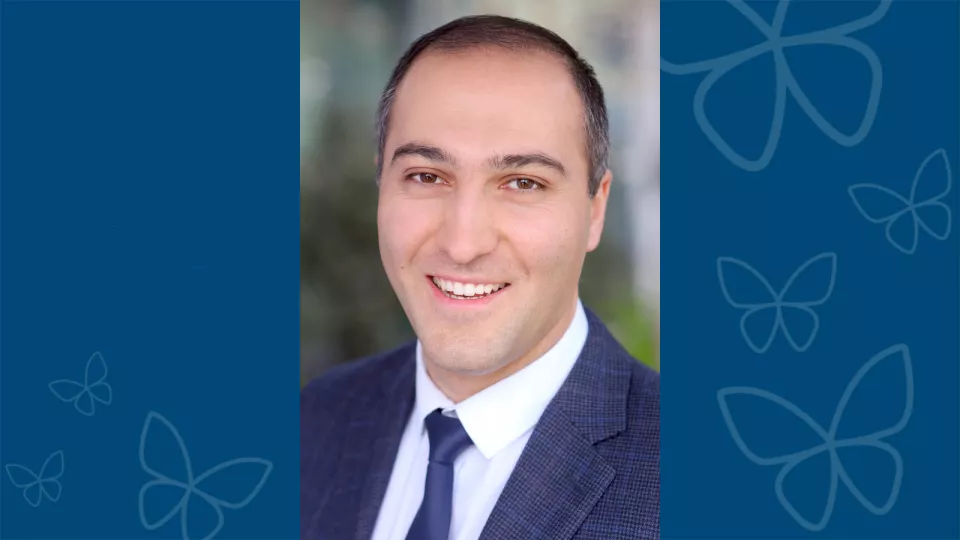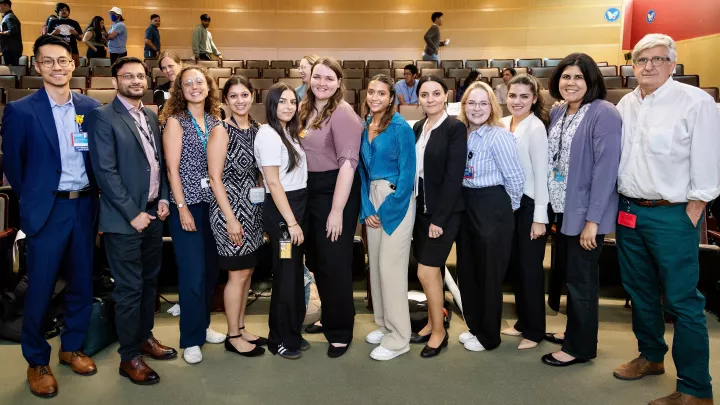
Research Faculty Spotlight: Sargis Sedrakyan, PhD
“Kidney disease is often called a silent epidemic,” says Sargis Sedrakyan, PhD. “It’s the third-fastest growing cause of death in the world, but there’s not a lot of conversation about it.”
A Principal Investigator in the GOFARR Laboratory for Organ Regenerative Research and Cell Therapeutics in Urology at CHLA, Dr. Sedrakyan is working to find new and more effective approaches to treat kidney disease. Currently, there are no drugs that specifically target the kidney, and chronic kidney disease is considered irreversible.
Under a new, four-year National Institutes of Health grant, he is investigating how changes in the metabolism of lipids (compounds such as fatty acids) play a role in damaging the glomerulus, the kidney’s main filtering unit. The GOFARR team is studying these mechanisms in Alport syndrome, a genetic condition that leads to kidney disease.
“Our research shows that metabolic dysfunction disrupts the signaling between cells and plays an important role in how kidney disease develops and progresses,” Dr. Sedrakyan explains.
The team is also exploring a potential way to intervene—using extracellular vesicles derived from amniotic fluid stem cells. “We want to see if the vesicles can help restore proper signaling between kidney cells and reactivate the pathways that have been disrupted,” he says.
Originally from Armenia, Dr. Sedrakyan came to the U.S. when he was 15 and planned on becoming a doctor. But a job as a research assistant in a tissue engineering lab at CHLA led to his first scientific publication—and soon, he was pursuing a PhD in tissue engineering and stem cell biology.
“I found a different passion than what I had been projecting for myself,” he says.
He continued his training as a postdoctoral fellow in the GOFARR lab and became faculty in 2017. “It’s invigorating to know that I have the potential to positively impact individuals affected by kidney disease,” he shares. “It’s also very gratifying to pass my knowledge to the next generation of scientists.”
Outside of work, you’ll find Dr. Sedrakyan with his family—his wife and two children, ages 11 and 16. One of his favorite activities? “I love playing chess,” he says. “It’s like meditation—allowing my mind to wander through the infinite depths of the cosmos.”


